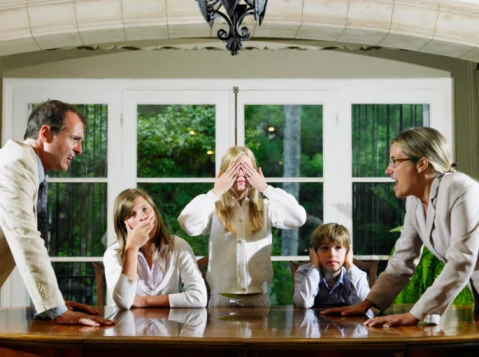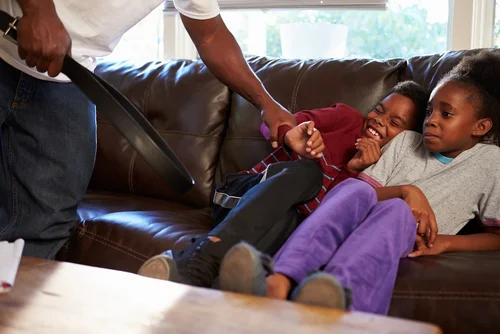+1 845 259 2974 (11 a.m to 7 p.m CST)
Keep your teen away from stress of taking sides during parental fights

People argue when they have been in a committed relationship for too long, and parents are no different from the rest in this regard. Minor conflicts can happen once in a while and instead of acting like adult babies, it is your responsibility to keep your teenage stock out of these fights and abstain from forcing them to take sides in the adult conflict. Children of parents who fight, grow up conflicted.
Arguments and depression
A University of Cambridge team conducted a study on teenagers who had witnessed lots of arguments between parents during their early childhood. The team found out that parental fighting affects children such that they are more vulnerable to fall ill than others.
Amazing as it may sound, the research team identified a gene that is responsible for making some children more sensitive to emotions, thus paving the way for depression to take over.
A group of 238 children, between the ages of 15 and 18, were selected for a test. Children who did worst in the test were four times more likely to hit a state of depression within a year, while also showing weak emotional resilience. The report further said that affected children lived in households where they were exposed before the age of six to frequent arguments for about six months. What’s even more shocking is the fact that one in three children live in such environments.
Choosing a side
It is one thing for parents to argue in front of teens, and another for parents to drag their children into their fights. Forcing your children to choose sides is the worst thing that a parent can possibly do. “Don’t ask them to vote for one parent over the other,” says Linda Nielson, Ed.D., educational and adolescent psychologist at Wake Forest University and author of Between Fathers and Daughters. She says that if kids are given the chance by parents to settle an adult argument, it will make them believe the illusion that they can exert their power and control over the family. Not to forget that children can get bitterly divided over which parent to choose which can emotionally drain them.
Fair dealing
The first rule of fighting fair is: Don’t force your children to choose sides! If you understand this, then it won’t be difficult to understand that sensible adults don’t scream at, threaten, or verbally humiliate their partner in front of the children. Psychotherapist Tina B. Tessina says, “No-holds-barred arguing forces kids to take on responsibility that doesn’t belong to them – to keep you two from fighting. It sets a bad example of what marriage is and may affect their ability to keep relationships going.”
Checking on kids after a fight
Once the temperature cools down after an argument, you and your partner should check in with the children afterwards to let them know that the conflict has been resolved and that everything is okay. In case you fail to do so, the teen will spill his/her anger into the outside world, which is not a good thing to do and leaves a sour taste in one’s mouth.
























